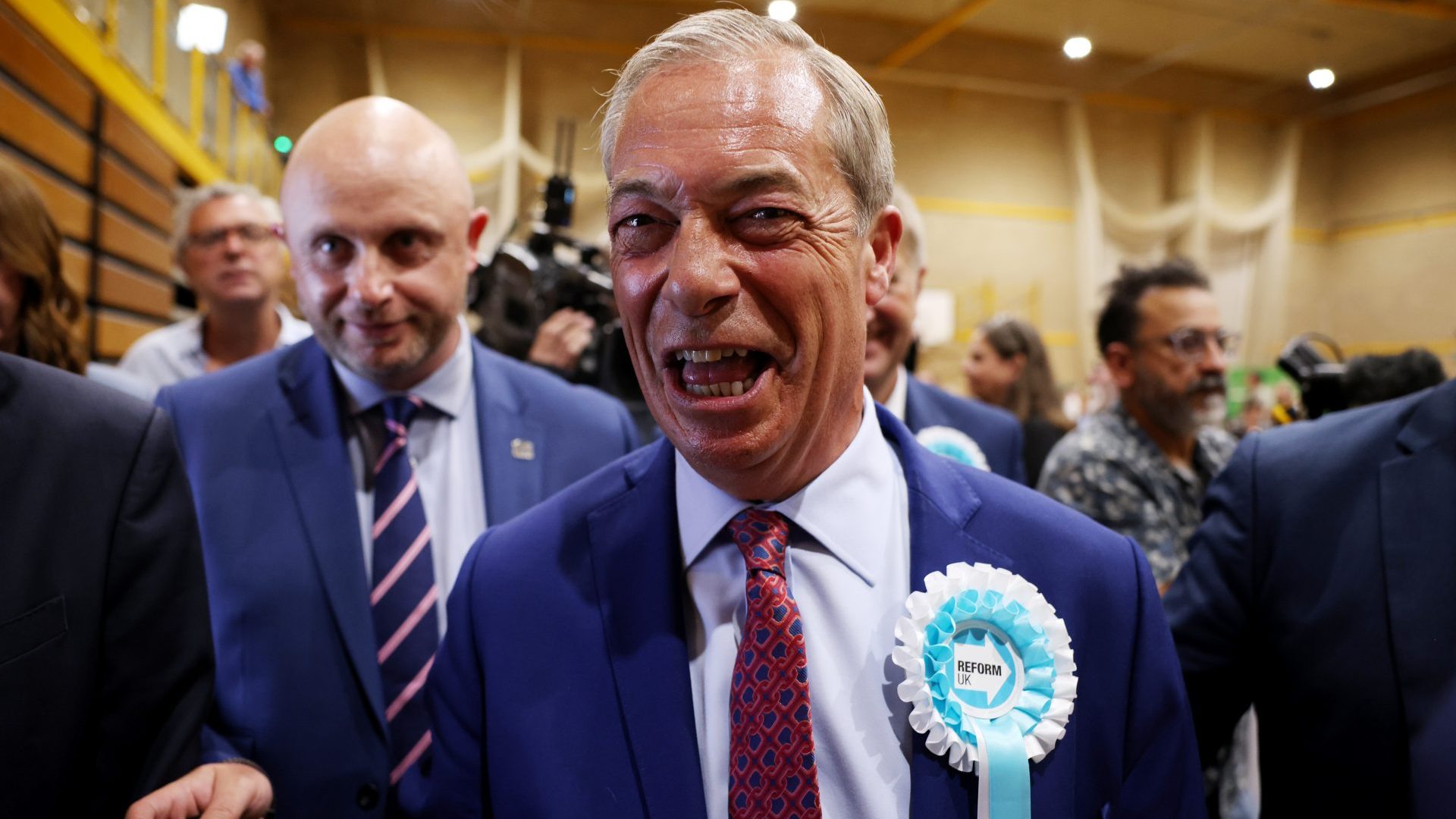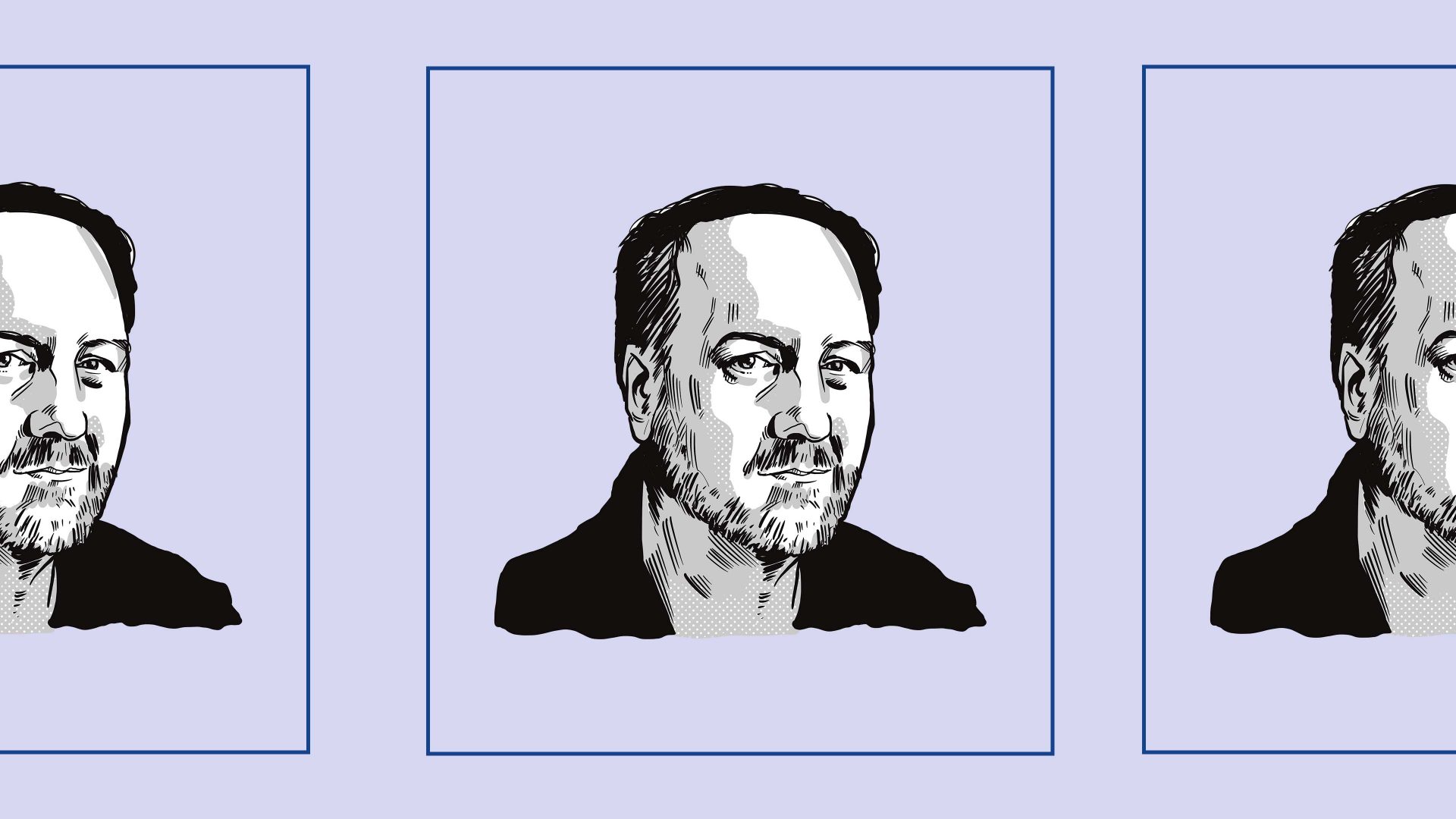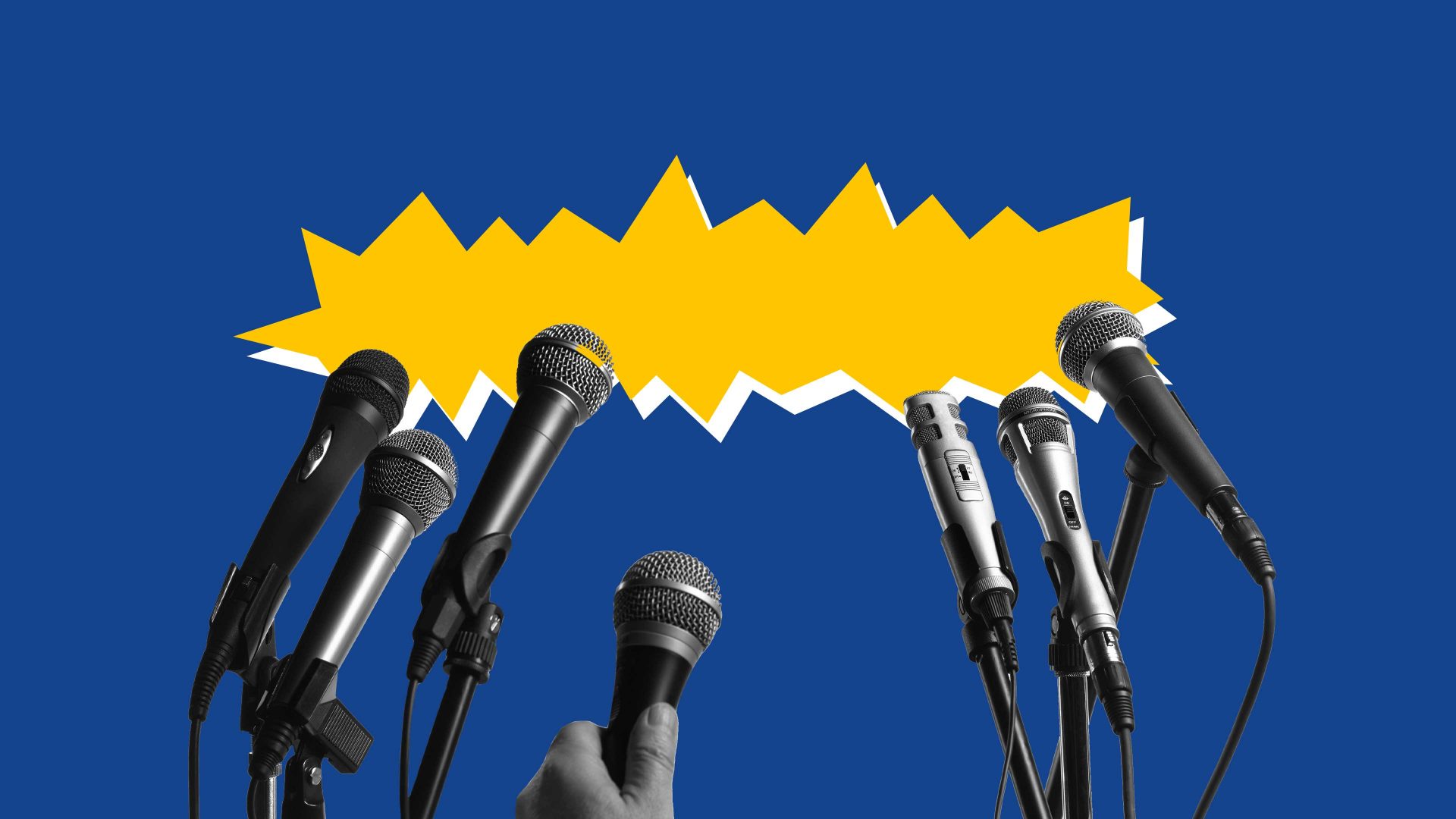Nigel Farage’s wealth is ostentatious: There is the £1.5m he is said to have trousered while coming third on I’m a Celebrity…, the two seafront properties he owns in Lydd-on-Sea in Kent and another in Westerham, and the £100,000-plus he makes from GB News, which also gifted him 145,202 shares. Until he fell out with them, there was also his Coutts account (the bank requires its customers to borrow or invest at least £1m with them or hold £3m in savings).
But, when it comes to the source of his riches, the Reform leader has not had to be fully forthcoming – until now. The new MP for Clacton will have to list all of his outside earnings and donations on the official MPs’ register.
Farage channels his income from his media work into his Thorn in the Side company, currently valued at £1.3m, and is listed as being “active” as a director of Farage Media Limited and Reform UK Party Limited, which is shown to be carrying debts of £1.1m.
The entry that his fellow Reform MP Richard Tice makes will also be interesting reading. He previously worked for the property developer London & Metropolitan, and the pot of money he has to bankroll Reform appears to be bottomless.
The arts world has been straining to ingratiate itself with Labour. Maria Balshaw, director of the Tate galleries, happily agreed to host Keir Starmer’s post-election victory party at Tate Modern’s Turbine Hall in London.
Others in the arts world have presented them with their own works of art. Antony Gormley, best known for his huge Angel of the North outside Gateshead, has presented the party with a sculpture, which, according to his gallery, White Cube, is worth £500,000. Grayson Perry, like Gormley a former Turner Prize winner, has gifted one of his pots, worth £180,000. And the Suffolk-based sculptor Maggi Hambling has given them one of her creations, valued at £85,000.
Unlike financial donations made during the campaign from other Labour-supporting artists such as Damien Hirst and Anish Kapoor, it is not straightforward deciding what to do with the gifts. “I suppose the party might try to sell them over the next year or so, and then put the cash into Labour’s proverbial piggy bank for future elections,” says a leading gallery owner. “Or maybe the three works could simply be used to liven up the offices of members of the cabinet, if of course they accord with their taste.”
When Thangam Debbonaire lost her Bristol constituency to the Greens’ co-leader Carla Denyer – as I predicted – the obvious choice to take over her culture brief in government was Sir Chris Bryant, who has a keen interest in the media and the arts and once saw his future in acting.
As an outspoken critic of Rupert Murdoch, Bryant would also have been a bold appointment and a signal that Sir Keir Starmer’s government was going to treat media barons without fear or favour.
That Starmer gave the culture brief instead to Lisa Nandy, the shadow international development secretary before the election, was seen as a way of keeping a one-time rival for the Labour leadership happy, but nevertheless an injustice so far as Bryant was concerned. The decision is thought to be unrelated to Bryant’s health – in January a melanoma was found on his lung and removed.
“Chris will be working for Lisa as minister of state, but there was a sense he deserved the top job since he knows more about the media and culture worlds and was basically the guy who, as chair of the parliamentary standards committee, precipitated Boris Johnson’s departure from No 10 by demonstrating that was a liar,” one Labour insider tells me.
“It isn’t just that Keir is trying to keep Lisa on side, but he is also trying to begin a constructive relationship with the Murdoch papers and it obviously pleased him that the Sun came out for Labour.”
One of the most pressing matters sitting in Nandy’s in-tray, meanwhile, relates to who should get to own the Daily Telegraph group. Bidders include the Daily Mail owner Lord Rothermere, the GB News investor Sir Paul Marshall and Murdoch’s News Corporation, which is said to be interested in acquiring the Spectator.
Jonathan Isaby still stoically describes himself as Liz Truss’s “press secretary”, but his future, like that of his boss, looks uncertain after the voters of South West Norfolk decided they could dispense with her services.
A former Daily Telegraph gossip columnist, Isaby had joined Truss in December 2022, not long after she had been forced to step down as prime minister. At that point, she wasn’t merely taking her seat for granted, but harbouring ambitions of returning to the premiership.
“Obviously Liz has lost all her parliamentary allowances and office space, so it’s difficult to know how she is able to afford Jonathan going forward, or indeed what on earth it is he can possibly do for her as a former MP,” a former Truss groupie whispers.
Truss has been getting through quite a few press secretaries in recent years, with Greg Swift fulfilling the role during her time as foreign secretary, and Alex Wild scarcely having the time to sit down as head of her press office during her short stint in No 10.
Isaby at least is used to the slings and arrows of outrageous fortune. His period doing comms for Priti Patel at the Home Office came to an abrupt end when she quit, the day Truss became PM.
One of the few disappointments of election night was that Michael Gove denied voters the chance of witnessing his defeat in Surrey Heath.
In May, Gove had announced he was stepping down, disingenuously saying he was doing so “in order that a new generation should have the chance to lead”. It was patently obvious it was never going to be a new Conservative generation he was talking about, as Ed McGuinness, the youthful candidate who ended up being selected to fight the seat for the party, discovered. He was beaten by the Liberal Democrat Al Pinkerton, who won 21,387 votes against his 15,747.
One disgruntled member of Gove’s association tells me: “Michael had been telling everyone here that he intended to stand, but, in the first few months of the year, he tested the water with a mini-campaign that involved him setting up a Facebook page and putting himself out and about, and that was when he realised how loathed he had become.”
There had been speculation that Gove might edit the Times, but, as I pointed out, he was a lot closer to Rupert Murdoch than he is to his successor, Lachlan Murdoch, and the incumbent editor Tony Gallagher’s position seems, for the moment at least, unassailable.
A job at the Daily Mail seemed a more promising bet for Gove. His former wife, Sarah Vine, is said to have influence over Lord Rothermere’s wife. Alas, Rothermere is said not to be too keen to take on any more vanquished Tories after Boris Johnson’s column proved less than scintillating.




